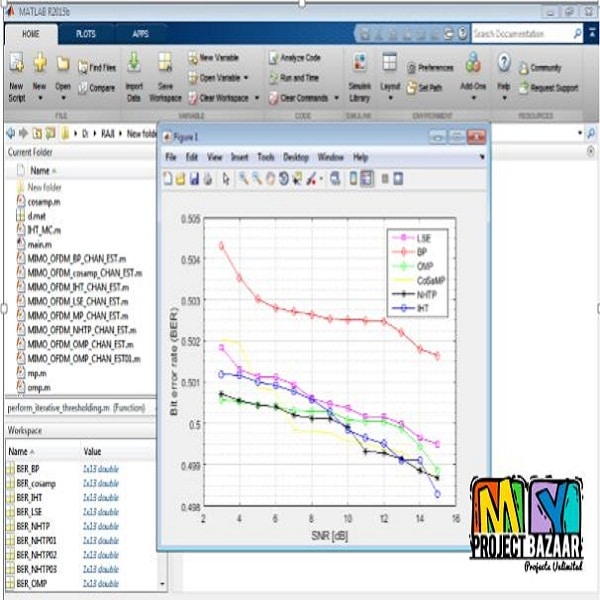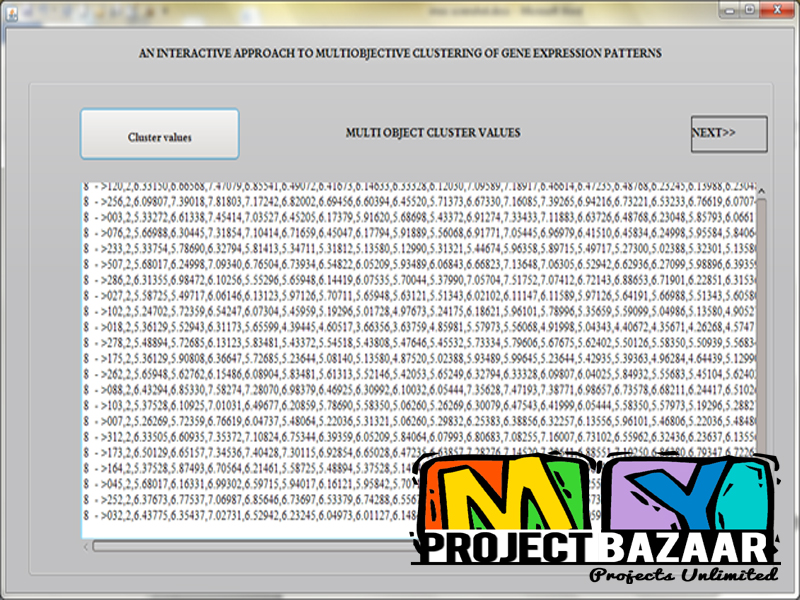Pilot Reduction Techniques for Sparse Channel Estimation in Massive MIMO Systems
Product Description
Pilot Reduction Techniques for Sparse Channel Estimation in Massive MIMO Systems
Abstract-The current high gain frequency division duplex (FDD) Massive multiple-input, multiple output (MIMO) systems pose several challenges to carry out the downlink beamforming. Specifically, downlink beamforming requires a channel estimation that usually needs long training and feedback overhead, scaling with the number of antennas at the base station (BS). We exploit compressive sensing (CS) techniques to accurately estimate the channel, while assuring overhead reduction which is proportional to the sparsity level of the channel. The sparse virtual channel representation is obtained through the proposed dictionary design, which is more flexible, robust and able to estimate the cell characteristics. We specifically focus on massive MIMOOrthogonal Frequency Division Multiplexing (OFDM) systems that show more robustness to multipath fading, and analyze several CS algorithms to select among them the best technique with the proposed dictionary design. Numerical results demonstrate that greedy solutions approach the basic pursuit bound with lower complexity and consequent shorter training period. The normalized hard thresholding pursuit (NHTP) technique is the greedy algorithm with the best performance complexity trade-off.
Including Packages
Our Specialization
Support Service
Statistical Report

satisfied customers
3,589
Freelance projects
983
sales on Site
11,021
developers
175+Additional Information
| Domains | |
|---|---|
| Programming Language |


















